Children who participated in a LENA program were nearly two times more likely to demonstrate school readiness in language and literacy, compared to demographically matched controls.
LENA (Language ENvironment Analysis) is a national nonprofit on a mission to transform early childhood education.
⬤
LENA Grow
offers evidence-based professional development for early childhood educators.
⬤
LENA Start
builds school readiness and strengthens families with parent-group classes.
⬤
LENA SP
offers reliable, detailed language environment data in research and clinical applications.
In South Carolina, LENA has reached 1.6k children and 250 early childhood educators since 2019, and LENA technology has recorded more than 2.9 million conversational turns.
LENA has crosswalks with Head Start, CLASS, The Pyramid Model, ZERO TO THREE, and more!

“School readiness is terrifically complex and happens over a wide variety of domains. …Third-grade literacy is not something that happens in second grade. … School districts would be very wise to engage well with the preschool providers in their communities, to share professional development opportunities, to share resources like LENA.”
Whether you're with a school district, CCR&R, state agency, library, university-community partnership, public health initiative, or any other organization dedicated to improving early childhood outcomes, we want to help you put your organization on the LENA map.
Partner success stories and research findings in South Carolina and beyond.
.png?width=640&name=Cherokee-County-kindergarten-study%20(1).png)
A study out of Cherokee County, S.C., has found a correlation between parent participation in LENA programs and higher scores on the Kindergarten Readiness Assessment.
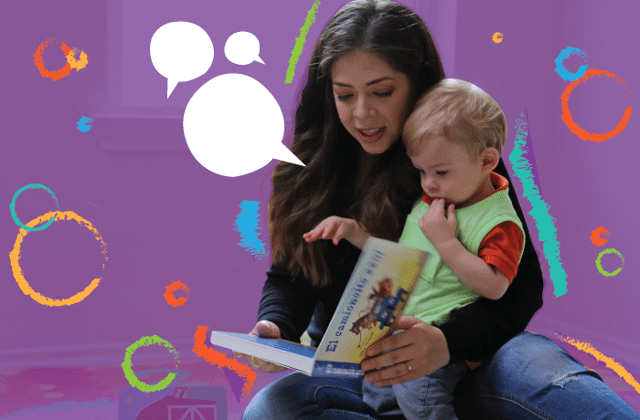
Children who participated in a LENA program were nearly two times more likely to demonstrate school readiness in language and literacy, compared to demographically matched controls.
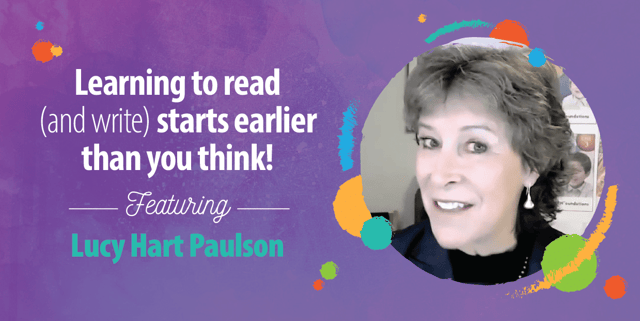
Dr. Lucy Hart Paulson, co-author of LETRS for Early Childhood Educators, on how learning to talk and learning to read and write happen in parallel. Learning to read starts earlier than you think, and conversational turns are an important piece of the puzzle!
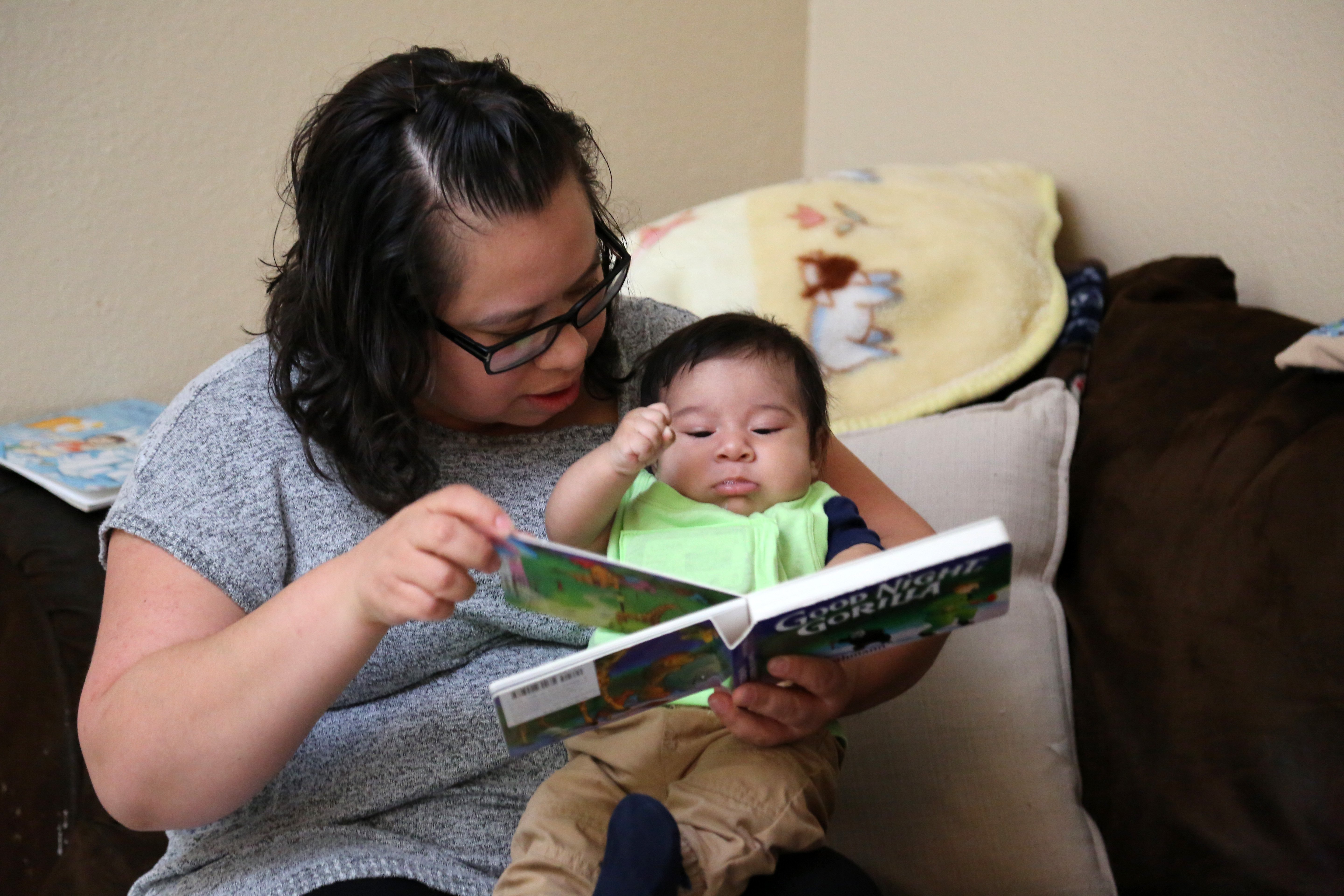
What role may a child’s earliest interactions play in laying the foundation for learning to read? In this webinar, we take an expert deep dive into how conversational turns from ages birth to five fit into the ongoing discussions around the “science of reading.”
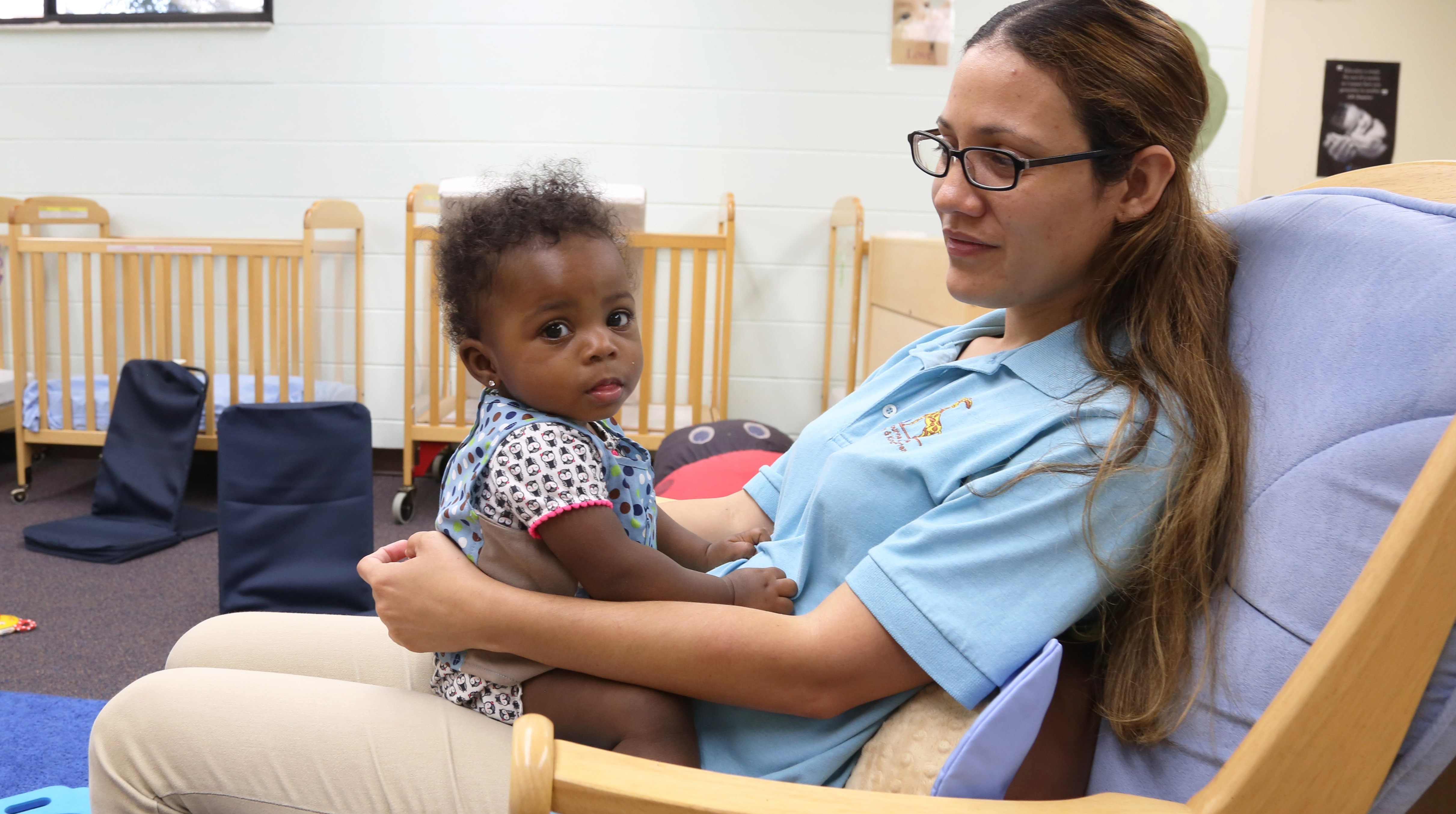
Many previous studies have drawn connections between the quantity of back-and-forth interactions in early childhood and later linguistic and cognitive skills. Importantly, newly published research conducted in Chile has taken a novel direction, determining that infants’ language environments predict their socioemotional skills one year later.
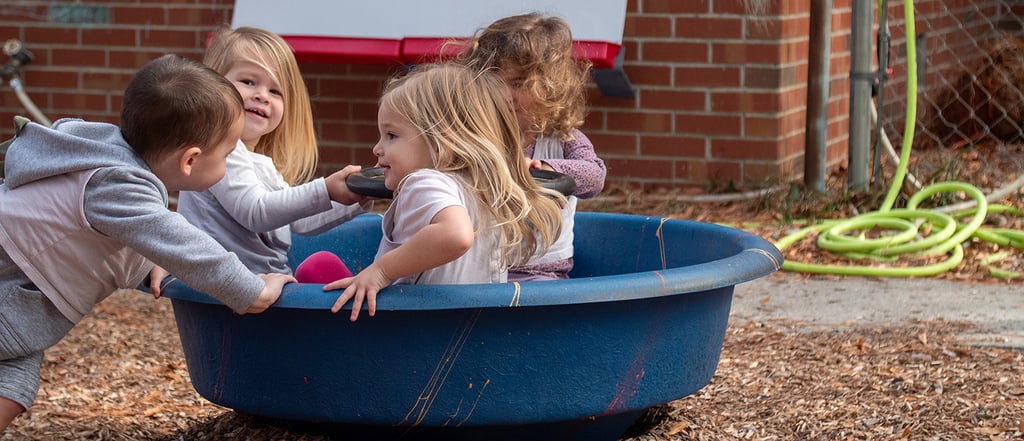
It’s no easy task for early childhood leaders to strategically disburse funds from PDG B-5, CCDBG, CLSD, and ARPA grants into the hands of LEAs and CCR&Rs. In fact, the alphabet soup of early childhood education funding streams can be a bit hard to digest, so to speak. In this webinar, state leaders will tell the stories of how and why they invested in initiatives for statewide implementation, as well as their visions for further expansion and impact.